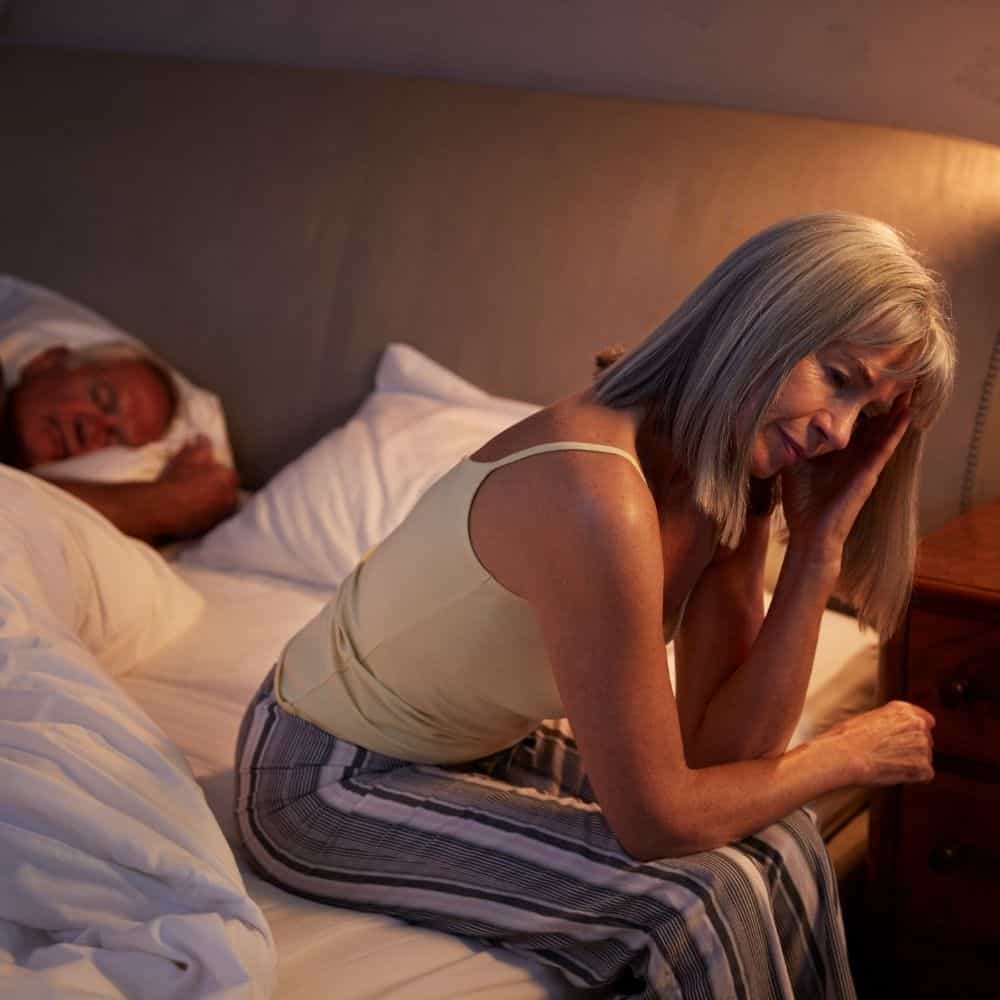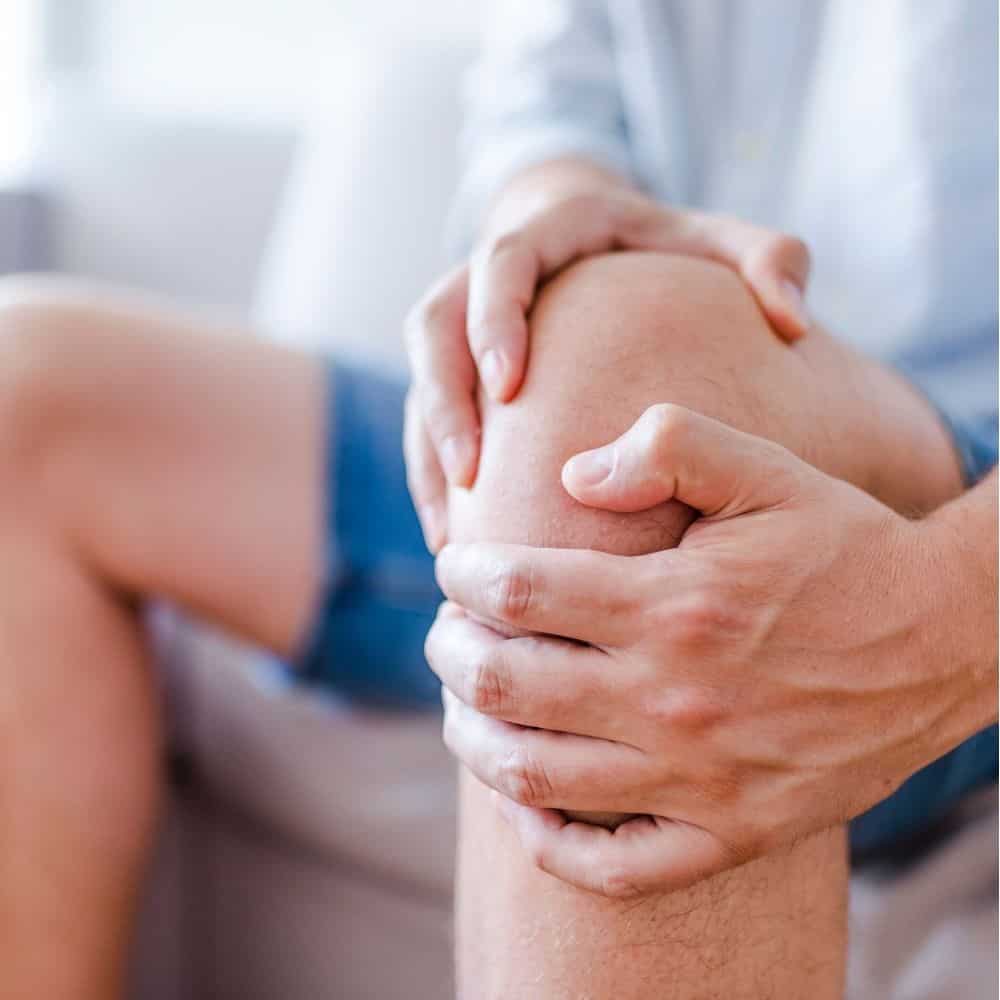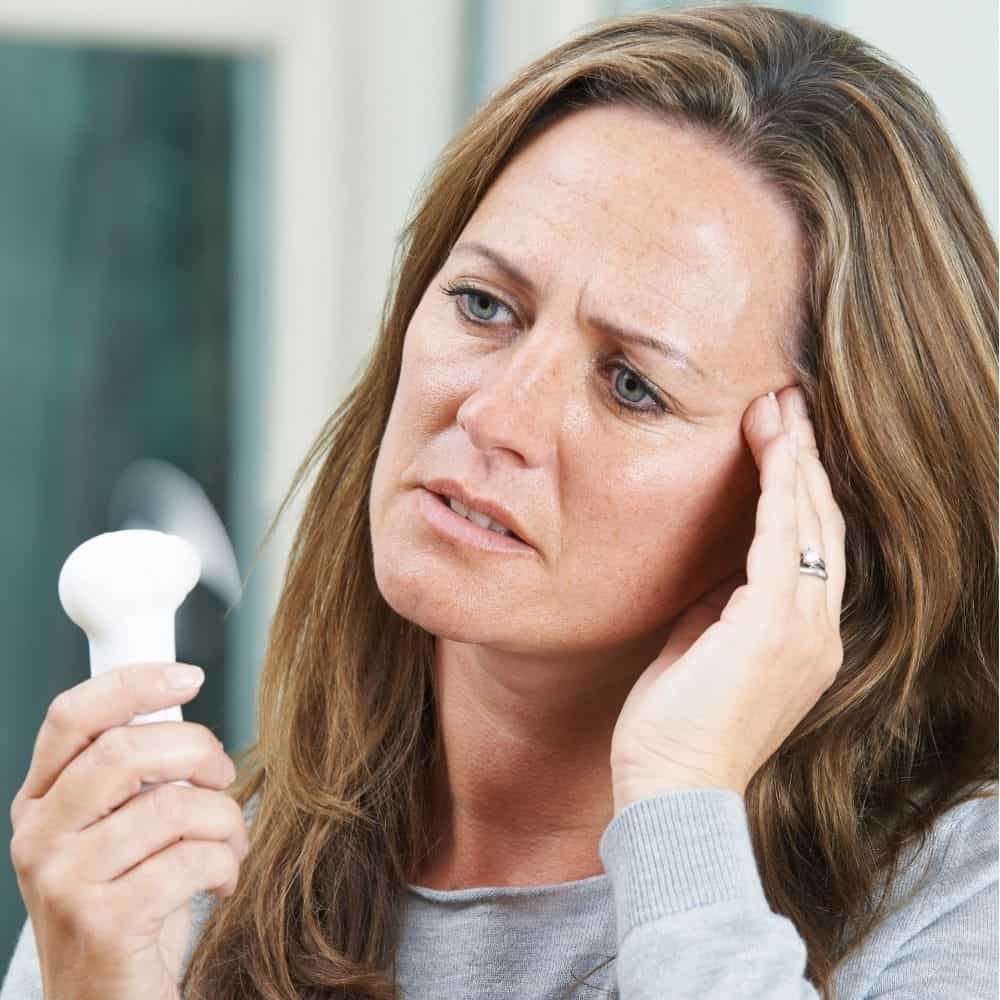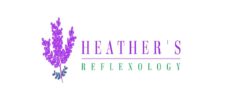
Reducing Insomnia
If you suffer from Insomnia, regardless of the cause, Reiki may be beneficial. In some cases, Reiki may help by assisting to address the underlying cause of the insomnia. In other cases, Reiki may simply help you relax and establish better sleep patterns in spite of the cause of your condition.
Insomnia often occurs because of a combination of factors. Whatever the factors are that contribute to your condition, relieving stress and restoring your sense of balance may still be beneficial.
In a recent study, 15 volunteers who reported frequent episodes of insomnia were taught to use Reiki techniques for self-healing. At the end of the study, researchers found that Reiki improved sleep patterns and decreased episodes of insomnia among the participants. The results of the study also indicated that Reiki promotes stability of the parasympathetic nervous system, as well as calmness.
This article is a shortened version of an article that appeared in The Reiki Times, the official magazine of the International Association of Reiki Professionals.

Improving Work Outcomes
To investigate the benefits of using reflexology at work, a preliminary study was conducted in an occupational setting with employees who reported
high levels of stress and stress-related symptoms. The aim was to explore the use of reflexology in managing stress in the workplace using a range of outcome measures.
It was apparent that all four participants said that they had experienced levels of stress which they believed to be having a direct negative effect on their physical and psychological well-being.
The study was carried out over 9 weeks. The baseline phase was 3 weeks with measures taken and no treatments given; in the intervention phase participants received a 60-min reflexology treatment once a week for 5 weeks with measures taken. In the final follow-up phase measures were taken over a 2-week period and no treatments were given.
Three participants reported overall improvements in managing stress levels and quality of sleep; two participants noted they felt their general health and well-being had improved but the other two reported no change. No participant reported having taken any time off work during the study
period.
The participants’ comments about receiving treatments included ‘knowing I was having reflexology and looking forward to it, helped me get through the week. The treatments reminded me how to relax’. All participants agreed that it was important to manage stress levels and three said they would use reflexology in the workplace if it were offered to them.
Excerpts taken from Complimentary Therapies in Clinical Practice
If you are experiencing stress and its symptoms because of workplace issues, why not try reflexology? It could help you to manage your working life more effectively.

Helping with Stress and Overwhelm
Reiki has long been seen as a relaxing holistic experience that supports the body and mind in times of stress. A non-invasive healing process, it works at bringing us into balance, physically, emotionally and spiritually.
If our vital energy becomes weak or blocked by physical or emotional stress, it can lead to various symptoms. Reiki works to clear and balance our energy fields, reinforcing the body’s natural ability to heal itself. Regular Reiki sessions can promote a better sleeping pattern, lessen feelings of stress and anxiety and increase overall well-being.
Reiki can be done in-person or distantly, where the Reiki practitioner sends the Reiki energy to the client, without being in the same room as them.
From an article by Jo Hanby Published on 27th July, 2020

Improved Digestion?
Many digestive symptoms and issues can be alleviated with Reflexology. Reflexology helps heal the body from the inside out. There is an amazing network of reflex points on the feet that can be linked to the various different areas of the digestive system.
The colon is a vital part of the digestive system, so important in fact, that some doctors like Dr. Schulze says that “All Disease Begins in The Colon” and he greatly stresses the importance of keeping the colon clean, clear and healthy in order to do it’s job properly.
The colon itself actually has a series of reflex points on the feet and by manipulating these reflexes, the body is encouraged to begin self-healing. Using Reflexology to help the body function properly is a safe and effective method to help reduce the problems our digestive systems experience.”
From an article in Sleeping Beauty Therapies
Currently, very little scientific research on Reiki’s ability to improve digestive disorders has been completed. However, anecdotal reports from individuals who suffer from digestive disorders indicate that Reiki may be a supportive tool for dealing with pain and discomfort. Reiki can support conventional medicine in a healing or wellness plan.
Reiki is noninvasive and doesn’t pose any risk to the client. It also causes no side effects. Thus, Reiki can be used in conjunction with virtually any other treatment prescribed by a physician, including medication and other types of therapy. From an article by IARP.org 2019

To Help Alleviate Pain?
Reflexology may be as effective as painkillers, according to a scientific survey carried out by UK researchers.
Researchers at the University of Portsmouth found that people felt about 40% less pain, and were able to stand pain for about 45% longer, when they used reflexology as a method of pain relief.
Dr Carol Samuel, who is a trained reflexologist and who carried out the experimental procedures as part of her PhD studies, said it was the first time this therapy had been scientifically tested as a treatment for acute pain.
She said the results suggested that reflexology could be used to complement conventional drug therapy in the treatment of conditions associated with pain such as osteoarthritis, backache and cancers.
From an article in Nursing Times

Relief of Menopausal Symptoms?
Whether you are experiencing the symptoms of perimenopause or menopause, Rider says Reiki can be beneficial because it taps into both your body and your emotions. “Reiki helps to balance the chakra system,” Rider says, adding, “With menopause or perimenopause, the sacral chakra is most likely affected.”
The sacral chakra, Rider explains, is located just below the navel and is responsible for the “expression of sexuality and sensual pleasure, among other things.” When the sacral chakra is out of balance, whether it be overactive or underactive, the symptoms of menopause may be heightened.
“Reiki can bring the chakra system back into balance, helping to alleviate both the physical symptoms and emotional symptoms,” Rider says.
In addition to all of this, Mitteer notes that Reiki can help with regulating hormones, circadian rhythms, alleviating stress, promoting healthy circulation, and eliminating toxins from the body.
Whatever your menopause-related symptoms are, Conran says that Reiki “helps us to understand any mental and emotional issues that may be exacerbating pain in the body, creating chemistry that, rather than promoting comfort, is promoting stress within.” From an article in Blood and Milk by Ali Semigran
